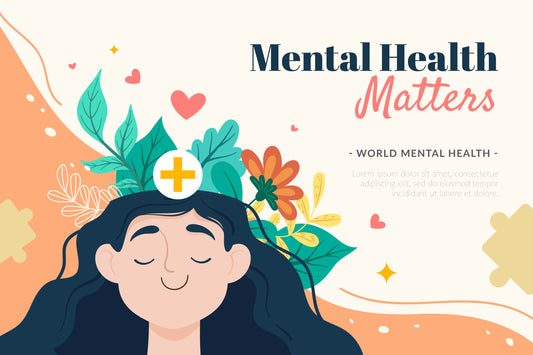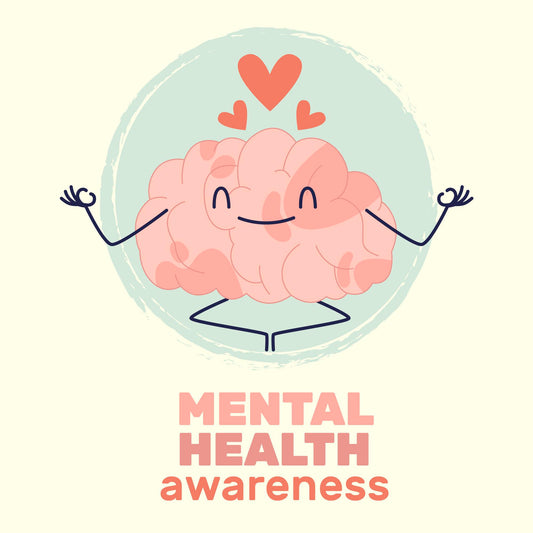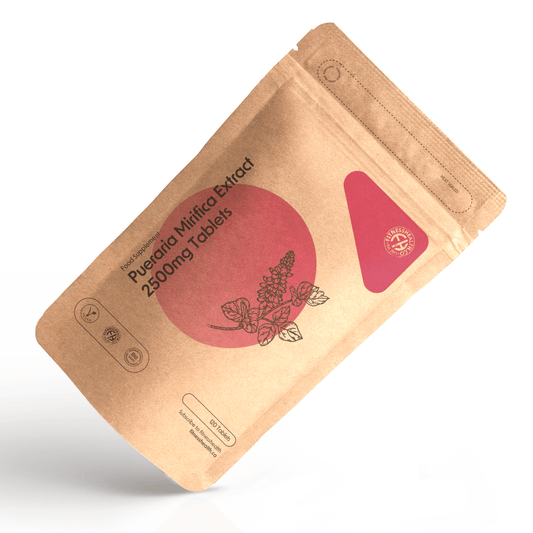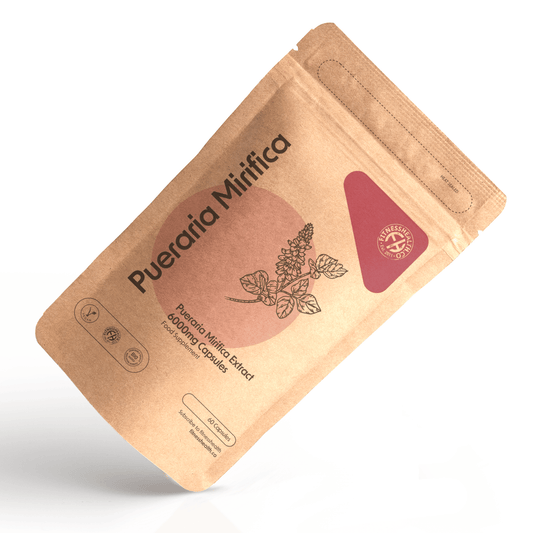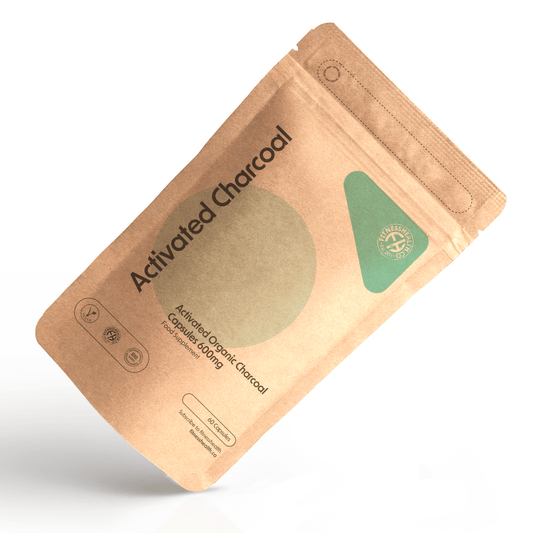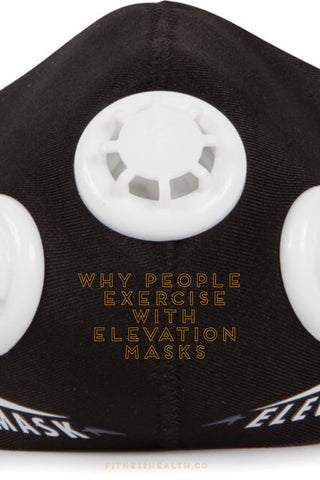
High elevation training has become so popular that some athletes are actually buying oxygen restricting masks if they’re not able to exercise at higher geographical locations. What makes this type of workout so sought after that individuals are willing to go to these great lengths to engage in it? The answer lies in one word: performance.
Higher altitudes have less oxygen in the air, which means that your body has to find a way to adapt and improve oxygen flow to your muscles. One way it accomplishes this goal is by creating more red blood cells, the main carrier of oxygen to your body’s cells and tissues. It also grows more small blood vessels to help get the oxygen to the areas of your body that need them most. Essentially, this type of adaptation has been found to improve performance levels, which is why some of the world’s top athletic teams (think Olympians) choose to engage in this type of training.
However, because of the differing oxygen levels, there are some concerns over the negative effects that this may have on the body. For example, too many red blood cells may make your blood thicker and slower, two factors that could potentially put you at risk. Therefore, if you choose to try high altitude training, there are two things you want to keep in mind in order to make it as safe as it can be:
- Go slow at first to give your body time to adapt to the less oxygen rich air. (The longer you’re at high altitudes, the better your body’s response.)
- When you return to lower elevations, again, give your body time to acclimate to the different oxygen composition in the air before pushing it too hard during training.
Have you ever tried high elevation training? If so, I’d love to hear your thoughts about it, so feel free to comment below!

